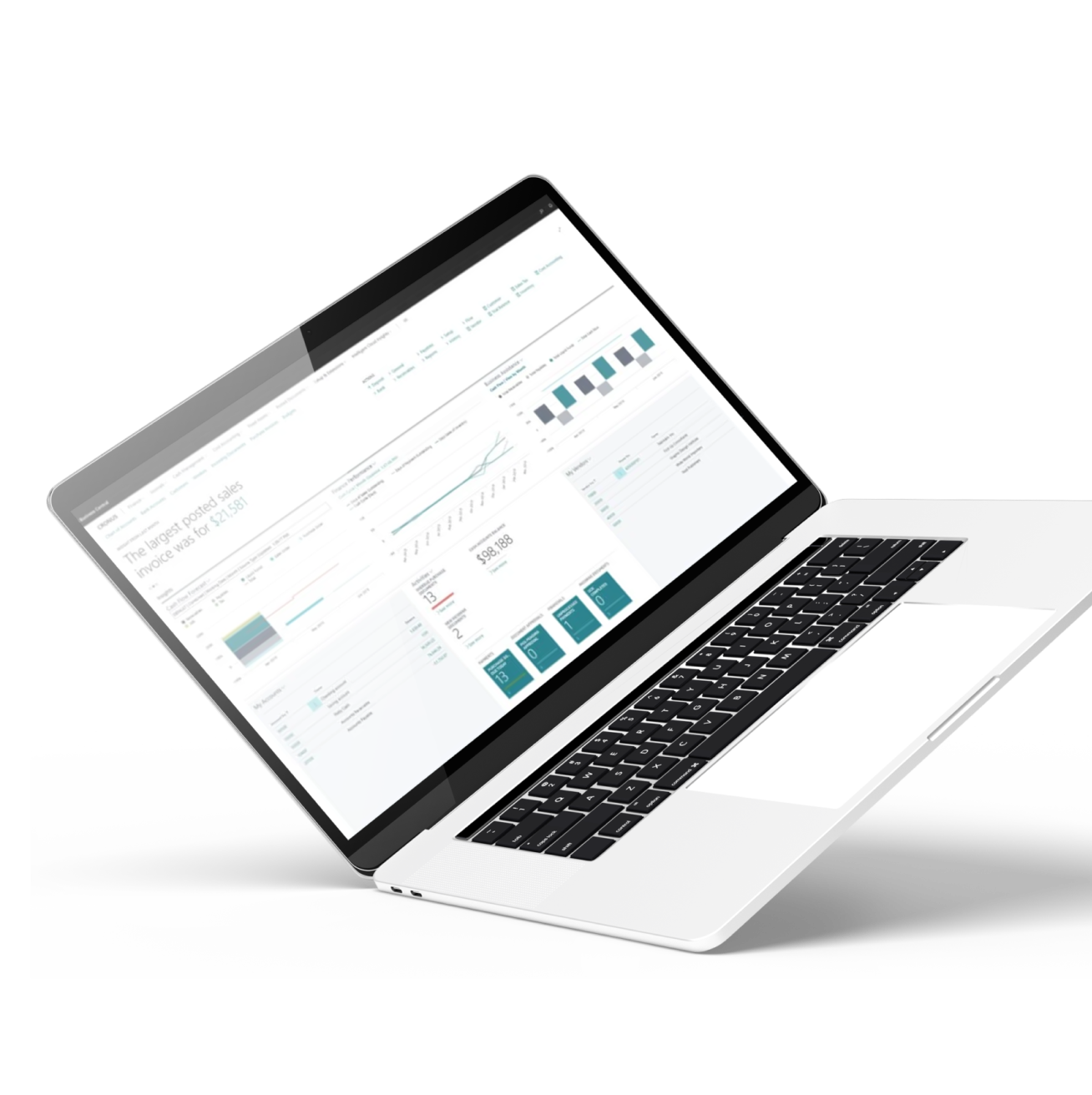Multi-instance ERP
In today’s globalized business environment, organizations with operations in multiple countries and regions may face everything from complex scalability to compliance, and operational efficiency challenges. ERP systems are crucial for managing these complexities and mixing and matching many different ERP systems may prove challenging.
Enhancing your global operations with Microsoft Dynamics 365
International businesses adopting a "one-size-fits-all" ERP approach often fail to address different subsidiaries or regions' unique needs. This is where multi-instance ERP solutions come into play.

What is multi-instance ERP?
Multi-instance ERP refers to using separate ERP instances for regions, business units, or subsidiaries within a global organization. Each instance operates independently, catering to the specific needs of a local entity while maintaining integration with a centralized corporate system.
This approach provides flexibility and localized control for managing diverse operational needs, regulations, and customer demands across different countries or regions.
You may run SAP at your Headquarters and larger subsidiaries, and Dynamics 365 Business Central your small and medium-sized subsidiaries.

Key benefits of multi-instance ERP systems
Localization
Each instance can be configured to comply with local laws, tax requirements, and business practices. This is especially important for organizations operating in multiple countries with distinct regulatory environments.
Scalability
Businesses can scale operations easily by adding new instances for new subsidiaries, acquisitions, or regions without disrupting the core ERP system.
Flexibility for different business models
Multi-instance ERP systems allow companies to deploy different business processes or workflows for each unit. This is ideal when various branches operate in different industries or markets.
Risk Management
By maintaining separate instances, organizations reduce the risk of a single point of failure. Issues in one region's ERP system won’t directly impact the entire company’s operations.
Complementing larger ERP systems
- Regional Deployment: Dynamics 365 instances can be set up for subsidiaries or divisions with more straightforward operational needs or on a smaller scale, allowing them to operate independently of the more extensive corporate ERP system.
- Integration: Using APIs, connectors, and middleware, Dynamics 365 can easily integrate with the primary ERP system at the corporate level, ensuring data synchronization across financial, supply chain, and operational functions.
- Cost-Effective Scalability: Large ERP systems can be costly and complex to implement across smaller or emerging markets. Dynamics 365 offers a more economical and agile solution without sacrificing functionality.
Supporting smaller ERP systems
- Enhanced capabilities: Dynamics 365 can add advanced capabilities such as AI-driven insights, reporting, and customer engagement tools to local ERP systems.
- Gradual transition: For smaller ERP systems that may struggle to meet the demands of rapid business growth, Dynamics 365 allows for a phased transition. Local systems continue to operate while gradually shifting certain functions (such as finance or HR) to the cloud-based Dynamics environment.
- Ease of integration: Dynamics 365's modular design allows specific features, like Dynamics 365 Finance or Dynamics 365 Supply Chain Management, to be implemented alongside existing smaller ERP systems.

Best practices in an international context
Managing multi-instance ERP globally requires a strategic approach to ensure smooth operations and data consistency. Here are some best practices:
Global governance, local flexibility
Establish an international governance framework that ensures each local instance adheres to overarching corporate policies while maintaining flexibility for local customization.
Integration strategy
Ensure a robust integration strategy, allowing seamless data flow between regional instances and the central corporate ERP system. This ensures transparency and coherence in reporting, compliance, and operational efficiency.
Compliance & localization
Ensure each instance fully complies with local tax laws, regulations, and accounting standards, leveraging Dynamics 365’s localization capabilities for country-specific features.
Standardized reporting
Use Dynamics 365’s advanced reporting and analytics capabilities to ensure that performance metrics, financials, and operational data are easily aggregated from different instances into centralized dashboards for corporate-level insights.
A flexible future with Microsoft Dynamics 365
For organizations operating in multiple regions, a multi-instance ERP approach can provide the flexibility to adapt to different local markets while maintaining corporate oversight and standardization. Microsoft Dynamics 365 is a versatile solution that can complement large-scale ERP systems at the corporate level and smaller, regional ERP solutions, offering seamless integration, enhanced capabilities, and scalable growth opportunities.
Whether your business is expanding into new markets or seeking better coordination between subsidiaries, Dynamics 365 provides the tools and flexibility to meet your needs.
Get in touch
Send us an email
Let us know what your challenges are all about. We are here to help.
